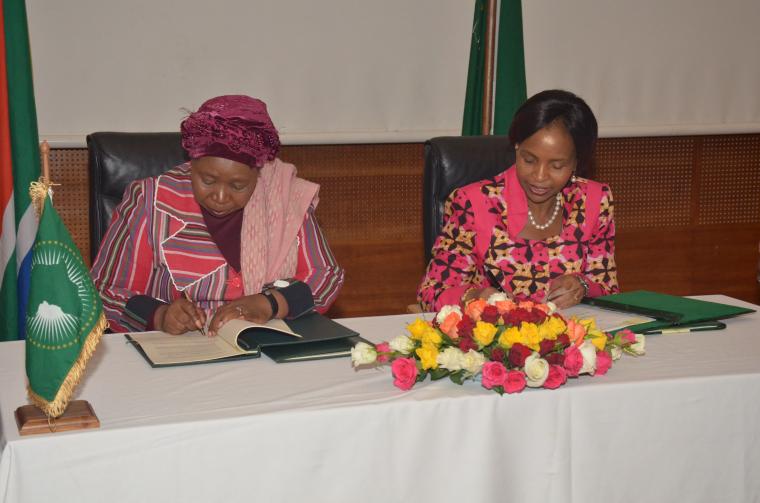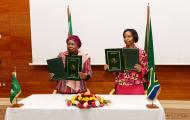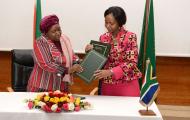Topic Resources
Report of the Chairperson of the Commission on the Situation in Somalia
Agenda 2063 is Africa’s development blueprint to achieve inclusive and sustainable socio-economic development over a 50-year period.
The purpose of the African Union Accountability Framework on the elimination of harmful practices in Africa is to ensure that good perfor
Science, Technology and Innovation Strategy for Africa STISA 2034
"Driving Africa's Future"












